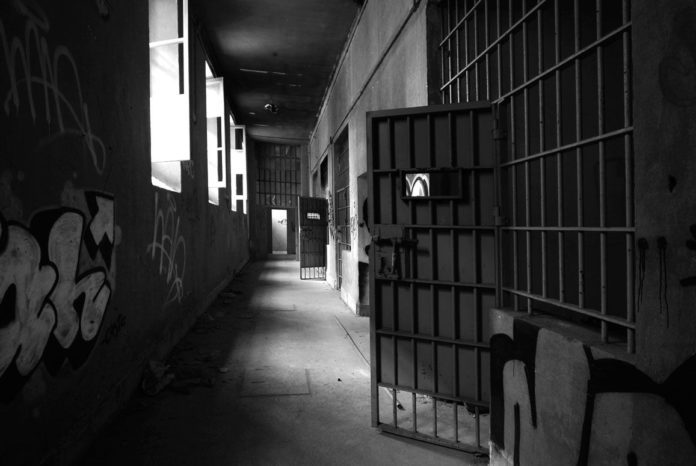As overcrowding and desperation increase within facilities like the Krome Detention Center in Florida, a multi-billion dollar business thrives in the shadows: the private immigration detention industry. Recent reports indicate that the Donald Trump administration has intensified arrests of immigrants without presenting a concrete plan for the mass deportations promised during his campaign. However, one strategy has become clear: to expand the prison infrastructure to accommodate tens of thousands of individuals, directly benefiting federal contractors like Akima Global Services. With information from AP.
Officially designed to hold 600 individuals, the Krome facility currently houses nearly 1,700 migrants under conditions described as inhumane: lack of food, potable water, medical care, and resting spaces. Leaked videos and firsthand testimonies reveal extreme overcrowding, unsanitary conditions, and prolonged isolation. “We are practically kidnapped,” said Osiris Vázquez in a viral video recorded inside the center.
In the face of this crisis, the Trump administration has closed key oversight offices and has issued a bid for $45 billion to expand its detention network to 100,000 beds. Private companies—like Akima Global Services, which already receives contracts worth over $2 billion—are preparing for rapid expansion, even though many of these centers have faced chronic staff shortages for years.
Immigration policy, far from focusing on humanitarian or legal solutions, is becoming a lucrative industry. Arrests are on the rise, but deportations have stalled. Meanwhile, hundreds of individuals are transferred without guarantees or adequate medical attention. So far this year, three detainees have died in custody of ICE, two of them at Krome.
The case of Maksym Chernyak, a Ukrainian citizen who died after being taken to Krome, highlights systematic negligence. He suffered from hypertension, and despite his complaints and evident physical decline, he barely received medical care. The autopsy revealed he died from complications of a stroke exacerbated by a lack of treatment.
Human rights advocates, such as Michelle Brané—the last Ombudsman during the Biden administration—have warned that without oversight mechanisms, deaths and abuse will continue to increase. “It’s a recipe for disaster,” she declared.
Although federal operators claim to adjust their operations to ensure decent conditions, testimonies from deported migrants contradict that narrative. Huber Argueta-Pérez, a Guatemalan man detained after dropping his daughters off at school in Miami, recounts how he spent nine days sick, sleeping on the floor without medical attention: “The more we complained, the worse the punishment was.”
Despite the complaints, contracts remain open, companies keep profiting, and migrants keep arriving. The immigration prison business is thriving, driven by a political discourse that reduces human beings to numbers, and their bodies to commodities.
